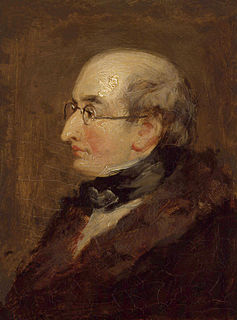A Quote by Thomas Merton
Nevertheless, the liturgy of Ash Wednesday is not focussed on the sinfulness of the penitent but on the mercy of God. The question of sinfulness is raised precisely because this is a day of mercy, and the just do not need a savior.
Related Quotes
When Jesus died on the cross the mercy of God did not become any greater. It could not become any greater, for it was already infinite. We get the odd notion that God is showing mercy because Jesus died. No--Jesus died because God is showing mercy. It was the mercy of God that gave us Calvary, not Calvary that gave us mercy. If God had not been merciful there would have been no incarnation, no babe in the manger, no man on a cross and no open tomb.
Invoke the Mercy of God and as milk returns not to the udder go not back to your wrongdoing." "Have compassion on yourself and on others and Infinite Compassion will be given to you." "In the name of Allah, All-Merciful, All Compassionate, bestow on me a Mercy that shall put me beyond the need of mercy from any other than Thee.
Christians actually need to be confronted by their real need-an understanding of God's holiness and their own sinfulness-so they can be usable to Him for His Glory. When we have a right relationship to God, every aspect of our lives will settle into its divinely ordained place. ... We are still to need other needs but it begins with a high view of God.
































